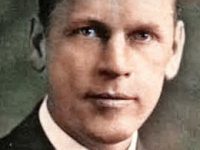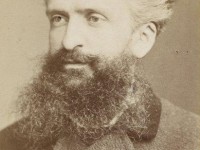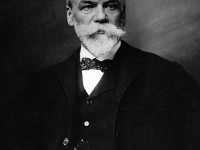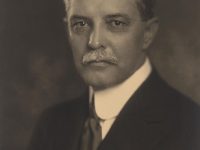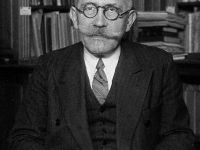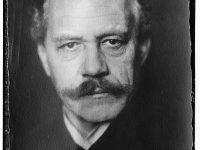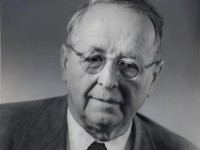Erwin Schrödinger and his Famous Thought Experiment
On August 12, 1887, Austrian physicist and Nobel Laureate Erwin Schrödinger was born. Schrödinger developed a number of fundamental results in the field of quantum theory, which formed the basis of wave mechanics: he formulated the wave equation and revealed the identity of his development of the formalism and matrix mechanics. Schrödinger proposed an original interpretation of the physical meaning of the wave function. Although many of you are not physicists, you…
Read more


